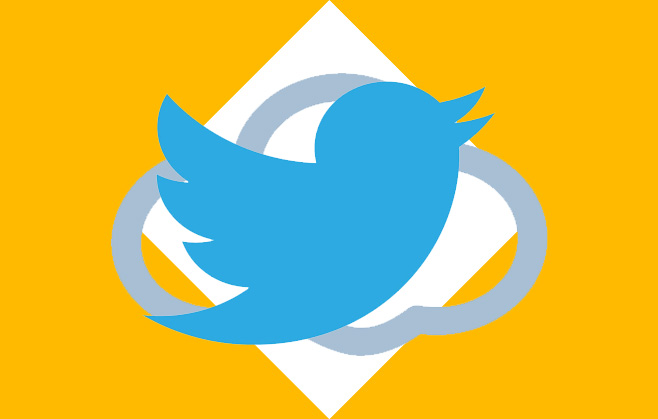
Twitter’s due to float: What’s in store?
After much anticipation, Twitter is firmly set for flotation to the tune of 20 billion dollars (£7 billion.) Characteristically in one tweet, the micro-blogging site announced the news, making this the most the most high-profile technology flotation since Facebook’s last year. With this on our minds, we at The Practice were eager to take a look at what’s next…
The news has not come as a surprise to many, after we’ve witnessed a noticeable increase in paid advertising services on the site, hinting at the fact that Twitter has been keen to align itself with big businesses. So how should the company progress post-IPO? If anyone should be able to offer advice, it’s Mark Zuckerberg, who stated at the San Francisco TechCrunch Disrupt that Twitter should “stay focused on doing the right stuff” in order to boost share prices. With this, he referred back to Facebook’s growth in mobile, which he said exemplified successful identification of key focus points. Likewise, we agree that Twitter too should look to mobile when it starts to monetise; something that’s been clear for a long while. For instance, the company have already acquired a mobile advertising firm, MoPub- (its largest acquisition to date), which allows companies to instantly purchase advertising space. Secondly, Twitter also announced imminent updates to its mobile apps to facilitate users conversing and sharing outside the site- something that will most certainly strengthen its flotation.
Aside from this, Twitter is of course a powerful social and marketing tool, accounting for 60 per cent of US marketers. With sponsored tweets, insightful analytics tools and more, it’s one of the most useful platforms when it comes to marketing- both claims that will surely aid Twitter’s IPO. It’s also unrivalled, has no direct competition and occupies a niche market of which some 300 million users subscribe to. But of course, there are certain other variables that might help or hinder its flotation. Job cuts, technical problems, and the sacking of a CEO spelled disastrous losses for gaming site Zynga, Facebook, and Groupon respectively. On the other hand, favourable market conditions ensured social network LinkedIn had unparalleled success on the first day of trading, with shares still remaining high- (estimates suggest current worth at $2,599 based on $1,000 invested at flotation.) Despite potential unforeseen circumstances, if Twitter can play on its strong unique standpoint and show that it will follow a clear direction, whether that be towards mobile, its strength as a media outlet, or data, it should remain highly investable and successful as a public company. Hmm, we might just have convinced ourselves that it’s going to be worth snapping up some shares!
What are your feelings towards the news of Twitter’s flotation? How do you expect the site will change? And most importantly, will you be interested it buying shares?! We’d love to hear your thoughts and predictions, so please tweet to us @PracticeDigital and share your comments on our Facebook page.




